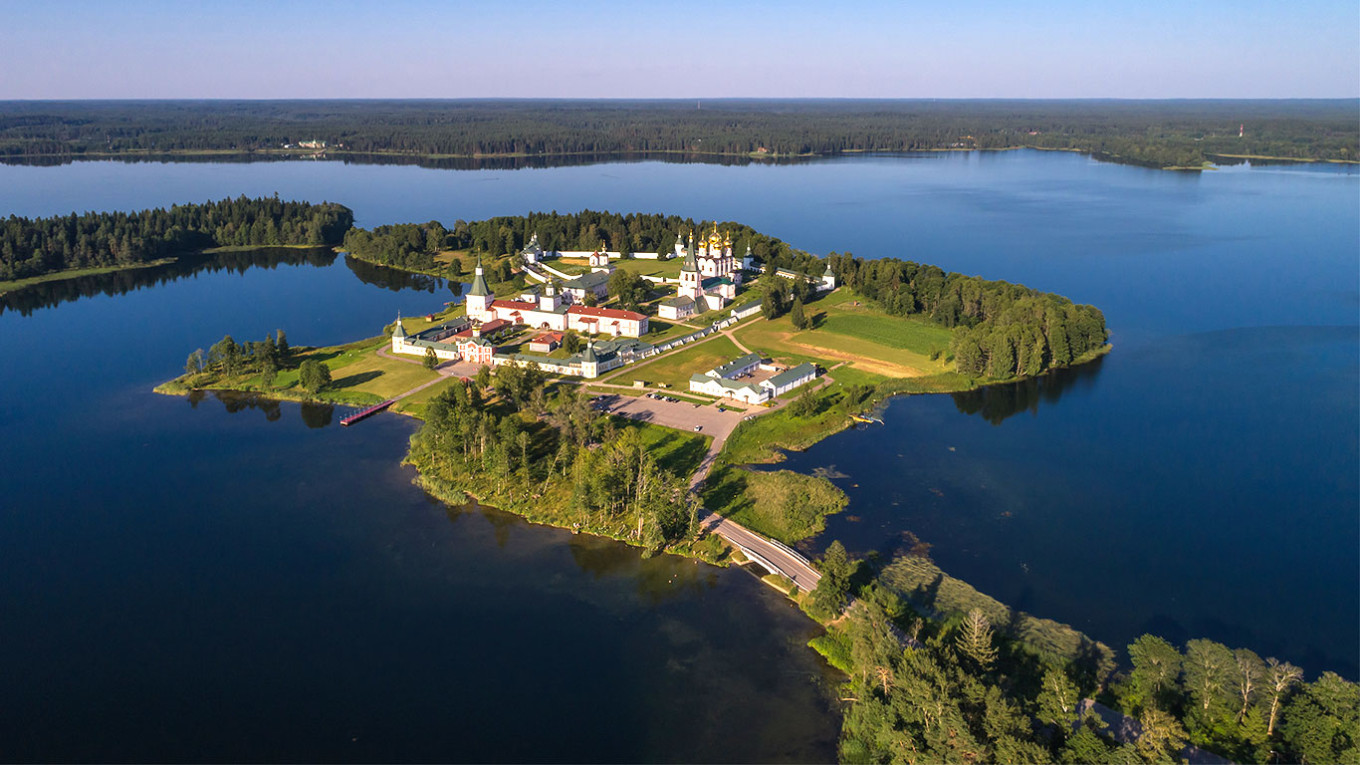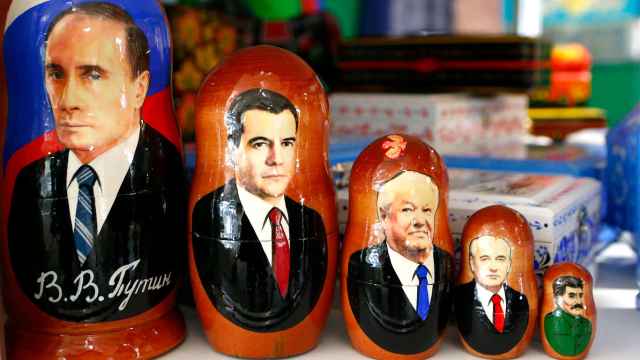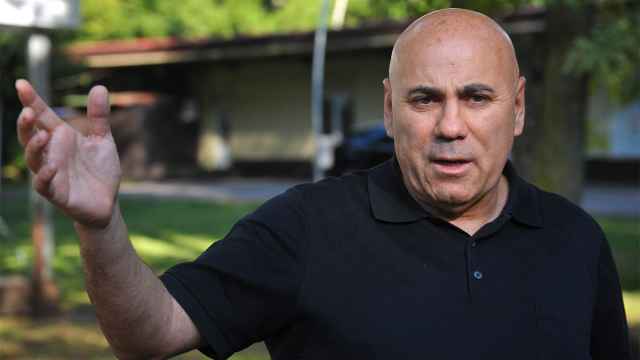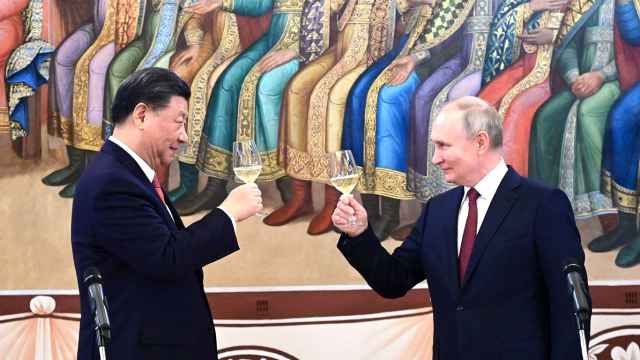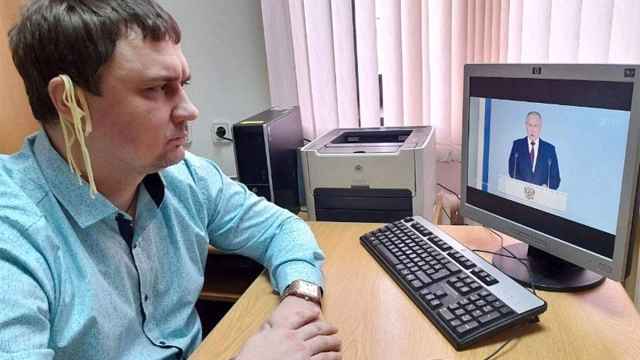A part of Valdai National Park in northwestern Russia has been closed to visitors since an investigation revealed that President Vladimir Putin and his alleged mistress own property in the area, the independent Meduza news website reported Friday.
Authorities announced that the specially protected zone of the national park had been expanded due to the “worsening ecological condition of Valdai Lake” on March 3, just three days after independent media outlet Proekt’s viral investigation was released.
The protected zone expansion, which makes the area de facto banned to all visitors, includes the part of Valdai Lake that hosts luxury property allegedly owned by Putin and former Olympic rhythmic gymnast Alina Kabaeva.
Kabaeva, 39, is believed to have been in a relationship with the Russian president since the early 2000s and to have had several children with him.
The Kremlin has long denied any relationship between Putin and Kabaeva, while news articles on their rumored engagement have been quickly punished by Russian censors.
Violation of the protected zone is punishable by a fine of up to 4,000 rubles ($52) for individuals or, in case of “severe damage” to the territory, up to 200,000 rubles ($2,607) or two years of community service.
The decision to shut down the lake area was widely condemned by local residents, who also believe its primary aim is to protect Putin’s mansions and not the park’s unique ecosystem, according to social media posts cited by Meduza.
“The national park worried neither locals nor visitors for a long time. It is clear that all changes are because of the residence,” user vik wrote on an online forum for residents of the town of Valdai.
A Message from The Moscow Times:
Dear readers,
We are facing unprecedented challenges. Russia's Prosecutor General's Office has designated The Moscow Times as an "undesirable" organization, criminalizing our work and putting our staff at risk of prosecution. This follows our earlier unjust labeling as a "foreign agent."
These actions are direct attempts to silence independent journalism in Russia. The authorities claim our work "discredits the decisions of the Russian leadership." We see things differently: we strive to provide accurate, unbiased reporting on Russia.
We, the journalists of The Moscow Times, refuse to be silenced. But to continue our work, we need your help.
Your support, no matter how small, makes a world of difference. If you can, please support us monthly starting from just $2. It's quick to set up, and every contribution makes a significant impact.
By supporting The Moscow Times, you're defending open, independent journalism in the face of repression. Thank you for standing with us.
Remind me later.


